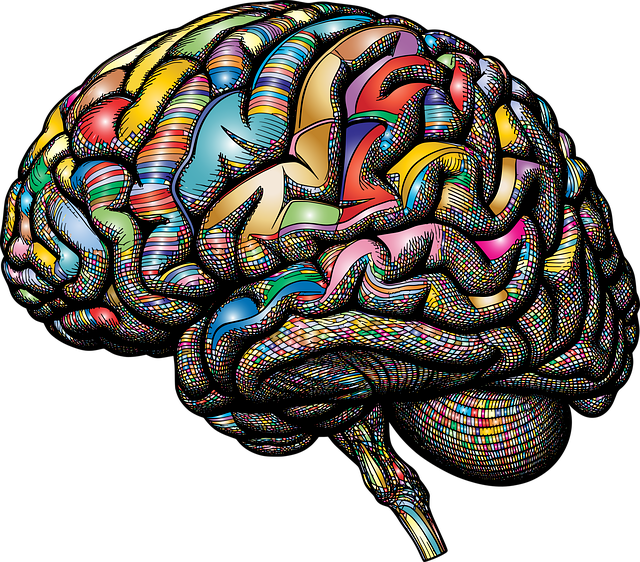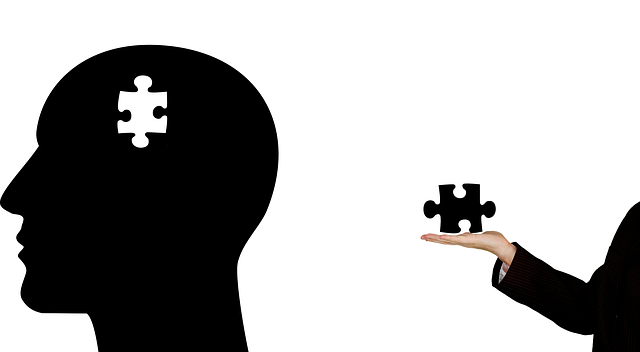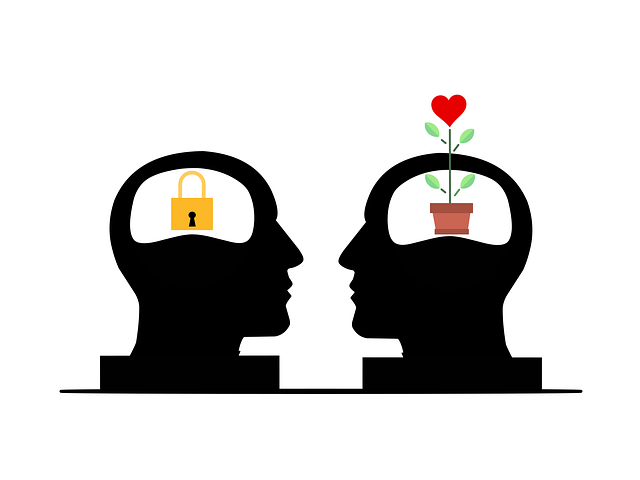Mindfulness meditation, championed by Arvada Functional Neurological Disorder Therapy (AFNDT), is a powerful tool for managing daily life and emotional regulation. By focusing on the present moment without judgment, individuals can gain inner peace and clarity amidst modern life's hustle and bustle. AFNDT emphasizes creating a dedicated mindfulness practice space at home, using sensory cues to enhance relaxation. Effective techniques include mindful breathing, body scan meditation, and compassion cultivation, all aiming to improve mental health, reduce stress, and foster emotional intelligence. Integrating mindfulness into daily routines offers significant mental wellness benefits, enhancing conflict resolution, self-care practices, productivity, and relationships. Dedicating time for mindfulness is an investment in overall well-being and resilience.
“Unwind and embrace a sense of calm with mindfulness meditation, a powerful tool for managing stress and improving overall well-being. This comprehensive guide offers practical advice for those new to meditation, catering especially to individuals seeking relief from Arvada Functional Neurological Disorder Therapy.
We’ll explore the fundamentals, from understanding mindfulness in daily life to creating a dedicated practice space. Learn various techniques, discover effective exercises, and uncover strategies to integrate mindfulness into your routine for lasting benefits.”
- Understanding Mindfulness Meditation for Daily Life
- Setting Up Your Mindfulness Practice Space
- Techniques and Exercises for Effective Meditation
- Integrating Mindfulness into Your Routine for Long-Term Benefits
Understanding Mindfulness Meditation for Daily Life

Mindfulness meditation is a powerful tool for navigating daily life and cultivating emotional regulation. It involves a simple yet profound practice: focusing your attention on the present moment, non-judgmentally. This ancient technique has gained modern popularity due to its ability to enhance mental health awareness and overall well-being. By integrating mindfulness into daily routines, individuals with Arvada functional neurological disorder therapy can improve their quality of life.
In today’s fast-paced world, mindfulness offers a sanctuary from the constant rush. It encourages individuals to observe their thoughts and sensations without attachment or reaction, fostering a sense of calm and clarity. This practice is not about silencing the mind but rather witnessing its activities with curiosity and acceptance. Cultural competency training for healthcare providers underscores the importance of incorporating mindfulness as a complementary therapy, promoting holistic well-being alongside traditional medical care.
Setting Up Your Mindfulness Practice Space

Creating a dedicated space for your mindfulness practice is a powerful step towards cultivating presence and inner peace. Start by finding a quiet area in your home where you can easily establish a calm atmosphere. This could be a corner of your bedroom, a spare room, or even a small desk in a peaceful corner of your living room. In Arvada Functional Neurological Disorder Therapy, we often emphasize the importance of sensory cues to create a soothing environment. Consider using soft lighting, cozy blankets, and essential oils to enhance your practice space.
Make sure your area is free from distractions and clutter, allowing you to fully immerse yourself in the moment. A clean, organized space can positively impact your mental state and make your mindfulness sessions more productive. As you design this sanctuary, think about incorporating objects that inspire tranquility—a favorite plant, a peaceful artwork, or even a comfortable cushion. Remember, the goal is to create an environment that supports your self-esteem improvement, facilitates stress management, and enhances social skills training through consistent mindfulness practice.
Techniques and Exercises for Effective Meditation

Meditation is a powerful tool for cultivating mindfulness and improving mental health, especially for those managing conditions like Arvada Functional Neurological Disorder Therapy (AFNDT). Effective meditation involves various techniques and exercises designed to enhance focus, calmness, and self-awareness. One popular method is mindful breathing, where individuals concentrate on the sensation of inhaling and exhaling, allowing thoughts to come and go without judgment. This simple yet profound practice can help reduce stress and anxiety by anchoring the mind in the present moment.
Another valuable technique is body scan meditation, encouraging practitioners to pay attentive to different parts of their body, noticing sensations without reacting. This cultivates a deeper sense of connection with one’s physical self and enhances emotional intelligence. Moreover, incorporating compassion cultivation practices into meditation routines can foster positive emotions and reduce negative thoughts, which is particularly beneficial for managing mental health challenges. These exercises promote self-care and kindness, enabling individuals to approach their AFNDT symptoms with resilience and a growing sense of inner peace.
Integrating Mindfulness into Your Routine for Long-Term Benefits

Integrating mindfulness into your daily routine can seem like a daunting task at first, but with consistency and practice, it becomes an invaluable tool for enhancing mental wellness. At Arvada Functional Neurological Disorder Therapy, we understand that establishing a regular meditation practice is key to unlocking long-term benefits. Start small, perhaps with just 10 minutes each day, and use techniques like mindful breathing or body scans to cultivate present-moment awareness. Over time, you’ll find yourself becoming more attuned to your thoughts and emotions, enabling better conflict resolution techniques and fostering healthy self-care practices.
This proactive approach not only improves mental wellness but also permeates other areas of your life. Many individuals report increased productivity, enhanced relationships, and a heightened sense of calm amidst life’s challenges. By dedicating time for mindfulness meditation, you’re investing in yourself, developing mental resilience, and laying the foundation for a more balanced and fulfilling lifestyle.
Mindfulness meditation, a powerful tool for enhancing mental well-being, offers a simple yet profound approach to daily life. By creating a dedicated practice space and incorporating various techniques, individuals can reap long-term benefits that extend beyond the meditation cushion. Integrating mindfulness into daily routines allows us to navigate life’s challenges with greater clarity and resilience, as evidenced by its positive impact on managing conditions like Arvada functional neurological disorder. With consistent practice, we can foster a deeper connection with our thoughts, emotions, and surroundings, ultimately leading to improved mental health and overall quality of life.














